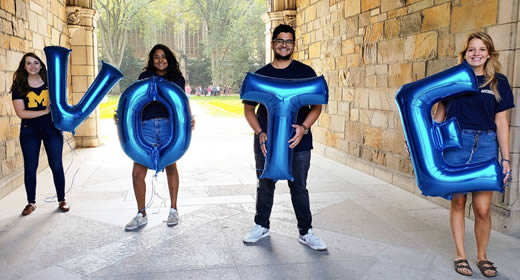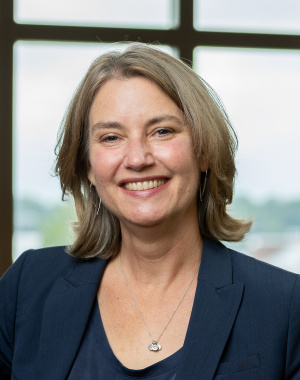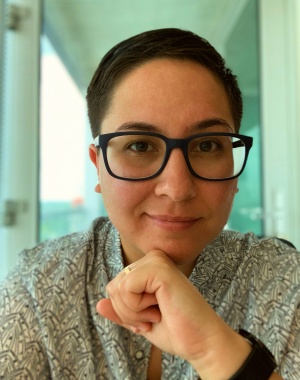
The University of Michigan is launching the Year of Democracy, Civic Empowerment, and Global Engagement, a campuswide presidential initiative to strengthen democratic practices and encourage active civic participation.
“As we approach a pivotal election season and navigate a complex global landscape, this initiative aims to amplify our collective voice in support of democratic values,” said President Santa J. Ono.
The theme year also aligns with U-M’s Vision 2034, which highlights the importance of democratic engagement domestically and abroad in addition to three other focus areas: Life-Changing Education, Human Health and Well-being, and Climate Action, Sustainability and Environmental Justice.
The Year of Democracy initiative seeks to answer the guiding question, “How do we inspire engagement in our democratic future?” Organizers are committed to ensuring everyone on campus has the knowledge, tools and opportunities to engage meaningfully in civic life.
“We want to help our community understand and appreciate the importance of democracy and how much its health depends on the involvement of each one of us,” said theme year co-chair Jenna Bednar, faculty director of UMICH Votes and Democratic Engagement.
“This includes exploring why democratic governance is valuable and how principles like the rule of law, equal protection under the law and the opportunity to participate in elections enrich our society.”
Bednar also is a professor of political science in LSA and professor of public policy in the Gerald R. Ford School of Public Policy.
A central goal of the Year of Democracy is to foster constructive dialogue across diverse perspectives.
“We want to create spaces where people can have respectful and productive conversations, even and especially when they disagree,” said initiative co-chair Celeste Watkins-Hayes, the Joan and Sanford Weill Dean of the Ford School.
Throughout the year, the initiative will host and co-sponsor a range of cross-campus events designed to inspire and educate.
For example, the “Political Speech and the Public Square” series, hosted by the Faculty Senate Office and co-sponsored by the Year of Democracy, invites students, faculty and staff to explore the question, “What’s at stake for me in the 2024 election?”
Additional events will feature a diverse array of political, cultural and academic leaders addressing issues such as climate policy, immigration and misinformation.
The Year of Democracy builds on U-M’s long-standing commitment to democratic values by enhancing its civic engagement efforts, research and learning. It complements existing work by groups like UMICH Votes, which is dedicated to boosting student voter education and participation.
“It’s vital for everyone to recognize their role in supporting democracy. We’ll provide resources and guidance on how to get involved — whether through voting, understanding reliable information, or participating in civic activities,” Bednar said.
The theme year also builds on the university’s research at the intersection of democracy, civic empowerment and global engagement.
“For many years, Michigan’s Survey Research Center has been instrumental in developing the American National Election Studies, which provides critical insights into voting behavior,” said Rosario Ceballo, dean of LSA and a co-chair of the initiative.
Recent research by faculty members Yanna Krupnikov, professor of communication and media, and of political science in LSA, and John Ryan, associate professor of communication and media, and of political science in LSA, explores the impact of partisanship and polarization, offering pathways to greater democratic engagement.
“Our commitment to democracy is evident in the groundbreaking research that happens across the university, and we are excited to provide research support with various grant and award programs sponsored by the Year of Democracy,” Ceballo said.
Faculty, staff and students at U-M’s Ann Arbor, Dearborn and Flint campuses are encouraged to apply for funding to support unit-level programming, student engagement, teaching and research by visiting the theme year’s website at democracy.umich.edu.
“We’re thrilled to embark on this important year,” Watkins-Hayes said. “As we approach the upcoming elections and navigate global challenges, our goal is to provide everyone with the knowledge, opportunities and support they need to actively participate in our shared work.
“Together, we can help shape the future of our communities and ensure a vibrant democracy for all.”
Written by Dom Adams-Santos


